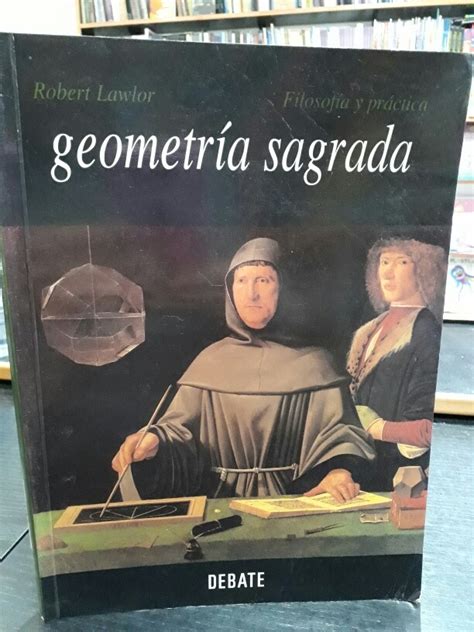A Quote by African Spir
In the actual state of social relationships, the forms ("formes", Fr.) of politeness are necessary as a subsitute to benevolence.
Related Quotes
The need for sociability induce man to be in touch with his fellow men. However, this need might not ("ne saurait", Fr.) find its full (or complete) satisfaction in the conventional (or superficial, - "conventionnel", Fr.) and deceitful world, in which (or where) everyone is mainly (or mostly) trying to assert oneself in front of others ("devant les autres", Fr.), to appear, and hoping to find in society ("mondaine", Fr.) relationships some advantages for his interest and vanity (or vainglory or conceit", Fr).
As the antagonism between those who possess, and those who do not, is becoming more acute day after day, we can already foresee a moment when it will bring about ("entraînera", Fr.) severe (big, high, intense, - "grands", Fr.) disasters, if we do turn (direct, aim, - "dirige", Fr.) life in time the social life in new directions (or ways, - "dans des voies nouvelles", Fr.)
Within the human consciousness is the unique ability to perceive the transparency between absolute, permanent relationships, contained in the insubstantial forms of a geometric order, and the transitory, changing forms of our actual world. The content of our experience results from an immaterial, abstract, geometric architecture which is composed of harmonic waves of energy, nodes of relationality, melodic forms springing forth from the eternal realm of geometric proportion.
The amount of force and violence necessary to board the train, for example was no less and no more than the amoount of politeness and consideration necessary to ensure that the cramped journey was as pleasant as possible afterwards. What is necessary? That was the unspoken but implied, and unavoidable question everywhere in India.
Money is not an invention of the state. It is not the product of a legislative act. Even the sanction of political authority is not necessary for its existence. Certain commodities came to be money quite naturally, as the result of economic relationships that were independent of the power of the state.
Besides the progress of industry and technique, we see a growing discontent among the masses; we see, besides the expansion ("expansion,", Fr.) of instruction, distrust and hatred expanding among nations ("s'étendre la méfiance et la haine entre," Fr.), that vie with one another ("qui rivalisent à l'envi," Fr.), by the increase of their armies and the improvement of their engines of murder ("engins meurtriers", Fr).
The social [media channel] isn't about beauty contests and popularity contests. They're a distortion, a caricature of the real thing. It's about trust, connection, and community. That's what there's too little of in today's mediascape, despite all the hoopla surrounding social tools. The promise of the Internet wasn't merely to inflate relationships, without adding depth, resonance, and meaning. It was to fundamentally rewire people, communities, civil society, business, and the state — through thicker, stronger, more meaningful relationships. That's where the future of media lies.




































